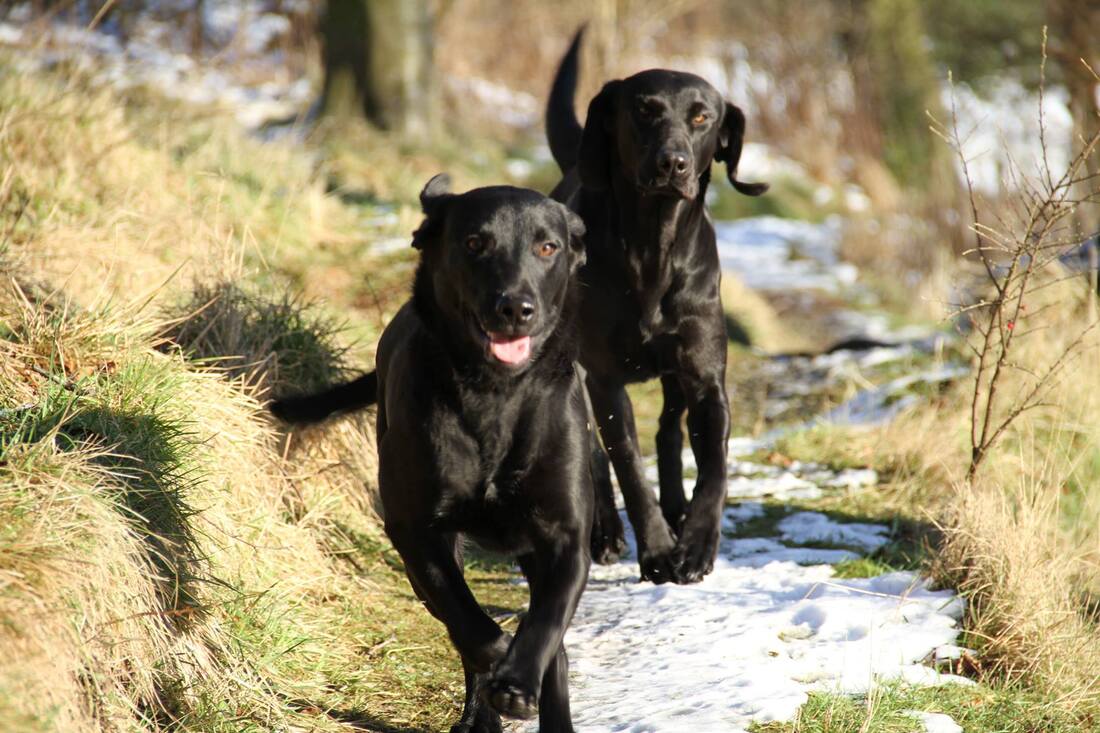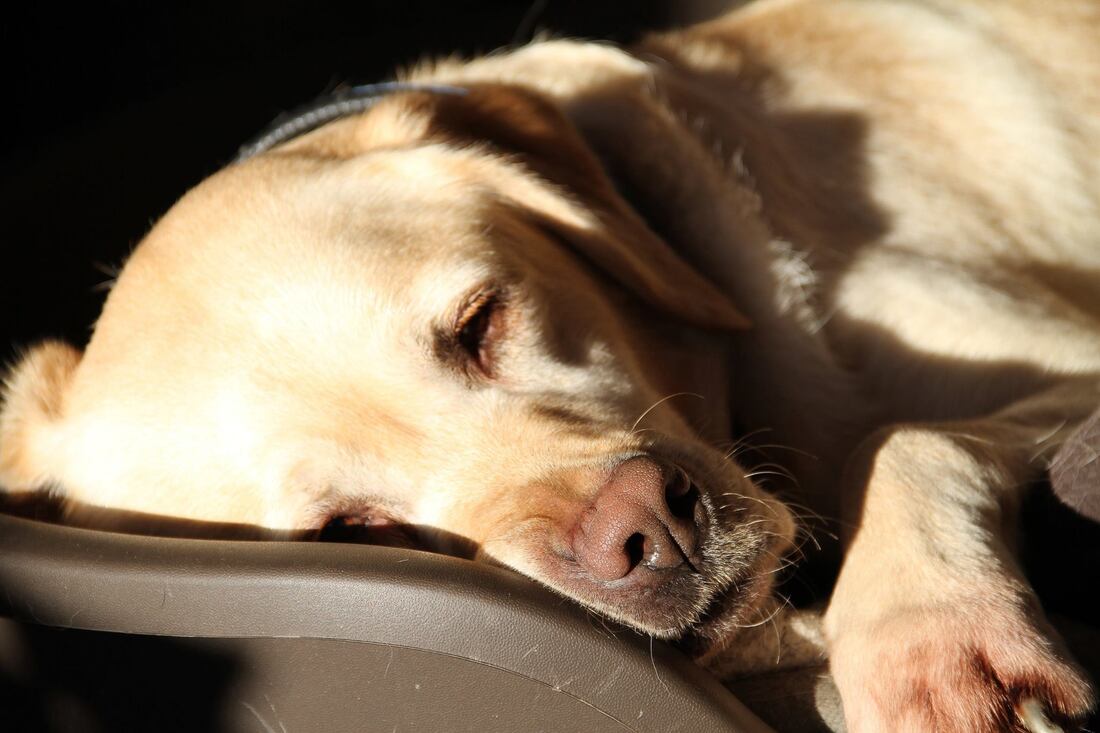 In part one I discussed health problems and risks, and in this part I will tell you what you need to do before you go to see the pup. Part three is about rescue dogs and the risks and benefits.
That's my experience, and here are my insights on the subject of buying a puppy. What pups are the most popular and in fashion? - A lot of people want a fashionable designer dog that is good with children, and a popular choice seems to be a labradoodle or cockapoo. We spoke about the potential health problems and risks that come with these dogs in part one. But here I wanted to focus on a common misconception "you only get what you pay for". You will often pay more for a designer dog than a pure bred pedigree dog. Mixed bred dogs are unreasonably expensive because they are so popular, and this is why they are targeted by disreputable breeders or puppy farms. Buyer beware, puppy farms go to great lengths to hide the origin of the pup. Read more about tips on what to look out for to prevent buying a puppy farm pup. Know what to look for in a healthy pup and know how to recognise a responsible breeder. When you visit the pups do look out for the following signs:
Read more on rules for choosing a dog. I bought a puppy from a puppy farm I did it, I saw an advert online with a telephone contact. I had taken a week off work and I hadn't found anything for the breed I was looking for. I wanted instant gratification. We met in a car park and before we even spoke I knew I was taking that puppy home with me. It looked like the breed I wanted. I gave him the money he gave me the pup. I tried to call him later but the number he gave me didn't work and that was the last I ever saw of the person. The pup hadn't been vaccinated or wormed and needed immediate treatment from the vet. I was lucky, the dog had no life threatening illness or parvovirus, no behavioural issues caused by being removed too soon from it's mum, or lack of socialisation. But the pup was a mongrel and not pure bred and it didn't grow into what I expected. This happened a long time ago now, and I have learned a lot since then. Remember, you should never allow someone to bring a puppy to you, you should be able to see the environment in which they lived in. Always ask to see them interact with their mum and siblings. Here is what I think you need to know before you go to see the pup. Know what the law is in relation to selling puppies - a pup cannot be sold under the age of 8 weeks. Know the laws in relation to breeders in Scotland, is the breeder licenced?. Are you considering a rescue dog or pup from outwith the UK - if it was born outside the UK it must have either a pet passport or a veterinary certificate. The breeder should supply you with microchip paperwork which includes your puppy’s individual identification number and database they are registered with. Vaccination records should be stamped by the veterinary practice and signed by a veterinary surgeon. Questions to ask the breeder:
Pedigree - do your homework before you go to see the pup when your head is still rational. If a dog has a pedigree it means you can check its history and health tests online. A useful website to use (if you know the registered name of the sire and dam) is k9data.com which list health tests and pedigree, or The Kennel Club www.thekennelclub.org.uk/breeding.
What is the difference between a pedigree show or working dog? I would say there are two types of pedigree dogs, show dogs and working dogs. They are the same breed but bred for different functions, especially within my area of interest - retrievers. Show dogs can look completely different from working dogs, this can be because they are bred for different reasons. Think of a show dog as a supermodel and a working dog as an athlete/soldier. Their shape is often different and sometimes their colour. Working dogs are the ones bred for shooting and hunting, used by gamekeepers shooters and those that compete in field trials and working tests. Some people use show retrievers to do the things working dogs do, or a combination of both. I would say however that their instincts and abilities are not as sharp as those bred specifically for that purpose. But they love it all the same. You can have a working dog and not do any of the above things, you just need to understand what motivates and drives their behaviour. Working dogs can often be more intelligent and require tired minds and body to prevent frustration. If you look at a pedigree and the name of the dog is in red what does that mean? This means that the dog is a field trial champion. It has proven skills and abilities in relation to finding game. Sometimes that is a good thing and sometimes that is a bad thing. It depends on what you want to do with the dog. If you just want a stay at home pet and you don't exercise it's mind, a highly bred working dog might not be the best thing for you. If that's what you have got and you are having problems, then the best thing to do is go see a trainer and give it a job (like agility). Useful links; Link to UK Government - Buying a Dog guidance , 10 steps to puppy buying, Introducing dogs to children and babies, puppy socialisation.
0 Comments
Your comment will be posted after it is approved.
Leave a Reply. |
AuthorOwner, trainer, handler, and taxi driver of Accio Gundogs. Archives
July 2021
Categories |

 RSS Feed
RSS Feed
